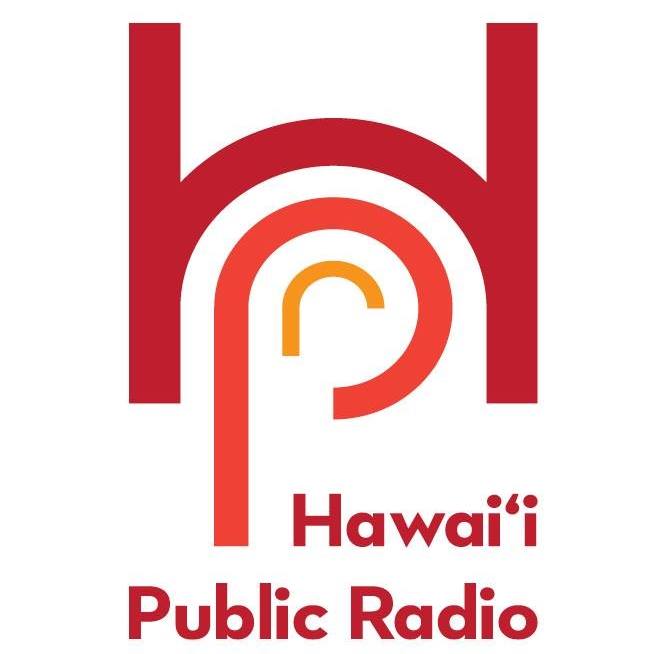“Our source for the definition of the term ‘Kapaemahu’ is Mary Kawena Pukui, the leading Hawaiian scholar of the 20th century who worked at Bishop Museum for much of her life. She gives this definition in the book she co-wrote, ‘Hawaiian Place Names,’” said DeSoto Brown, Bishop Museum historian, curator of archives, and exhibition lead curator. “In presenting the original moʻolelo from 500 or more years ago, and examining the ways in which it, and the monument erected to honor its heroes, were altered in the 20th century, The Healer Stones of Kapaemahu challenges visitors to ponder how other aspects of Hawaiian history and culture might have been suppressed, changed, or lost. More importantly, visitors will understand that these aspects of Hawaiian culture now have the opportunity to be restored and elevated.”
The fascinating and complicated story of the Healer Stones of Kapaemahu can be experienced now through October in a sprawling bilingual exhibit at the Bishop Museum that explores themes of culture, healing and inclusion. Hidden in plain sight, the Healer Stones of Kapaemahu—four large volcanic pōhaku—rest in one of the busiest parts of touristy Waikīkī—near the police substation and the statue of Duke Kahanamoku—yet if you read the plaque that marks the spot, you’ll find some of the history has been repressed for decades.
New Exhibit Explores Gender Duality of Waikiki’s Kapaemahu Stones
Every year, millions of people pass by the four large stones fronting Waikiki Beach without understanding their importance. Placed there 500 or more years ago by four mahu (people of dual male and female identity) who were healers from Tahiti, the stones are traditionally said to possess a spiritual power. The new Bishop Museum exhibition, "The Healer Stones of Kapaemahu," is meant to spread awareness and respect the role of mahu in the traditional story, which had been suppressed and erased.
“‘The Healer Stones of Kapaemahu’ exhibited behind me explores our past and highlights the fact that native Hawaiians had a special, respected place for citizens of dual identity,” Gov. Ige said during the signing ceremony. “We are here today not only to acknowledge that rich history but also to signify that moving forward, we are redoubling our efforts to be a more inclusive community in total.”
Hawai’i Governor Signs Bills Furthering LGBTQ+ Equality, Inclusion at Museum Exhibition
The ceremony was conducted in front of the Bishop Museum’s Castle Memorial Building, which is hosting “The Healer Stones of Kapaemahu” exhibit this month. Ige said the exhibit highlights that Native Hawaiians had a special and respected place for residents of dual identity. “‘The Healer Stones of Kapaemahu’ exhibition explores the past and contemporary meanings of four large stones that were long ago placed on Waikīkī Beach to honor four māhū, extraordinary individuals of dual male and female spirit, who brought healing arts from Tahiti to Hawaiʻi,” according to the Bishop Museum website. “We are here today to not only to acknowledge that rich history, but also to signify that moving forward, we are redoubling our efforts to be a more inclusive community in total,” Ige said during the bill signing ceremony.
A famed legend in Hawaiian lore tells the story of the mahu, healers who encapsulate both male and female elements. In the story, four healers arrived from Tahiti and shared their spiritual gifts with residents of the islands, who were so grateful that they erected four large stones as monuments of tribute. On June 18, the Bishop Museum in Honolulu opened an exhibition that begins with an animated portrayal of the story and is comprised of various artifacts from the Hawaiian healing traditions. The animation will be shown in both English and ʻōlelo Niʻihau, the form of the Hawaiian language most untouched by foreign contact.
‘The Healer Stones of Kapaemahu’: an Exhibit on Gender and Erased History
The Bishop Museum opened a bilingual exhibit in English and ʻŌlelo Niʻihau on the history of māhū over the weekend. Māhū means to have a dual male and female spirit. The plaque in front of the stone provides a story about the healers, but omits any detail on their gender.
Hawaii Governor David Ige chose The Healer Stones of Kapaemahu exhibition at the Bernice Pauahi Bishop Museum, which represents Hawaii's long history of acceptance and inclusion, as the backdrop for the signing of three bills passed by the State Legislature to address needs and concerns of the Mahu / LGBTQ+ community.
When you’re walking through Waikiki, next to the police station there are four stones within a fenced enclosure. It’s known as the Wizard Stones, but that is not the most accurate depiction of what they are and the stories they share. At the Bishop Museum, there is a brand new exhibit entitled “The Healer Stones of Kapaemahu” to help all of us to learn more about these stones and the message that it carries.
Historic LGBTQ+ Bills Signed into Law by Governor Ige at Bishop Museum
Governor David Ige signed three bills into law today at the Bishop Museum that protect the rights of the LGBTQ+ communities in Hawaii. On the same day of the historic signing of the 3 bills that protect the Mahu and LGBTQ community, the Healer stones of the Kapaemahu Exhibition opened at the museum.










